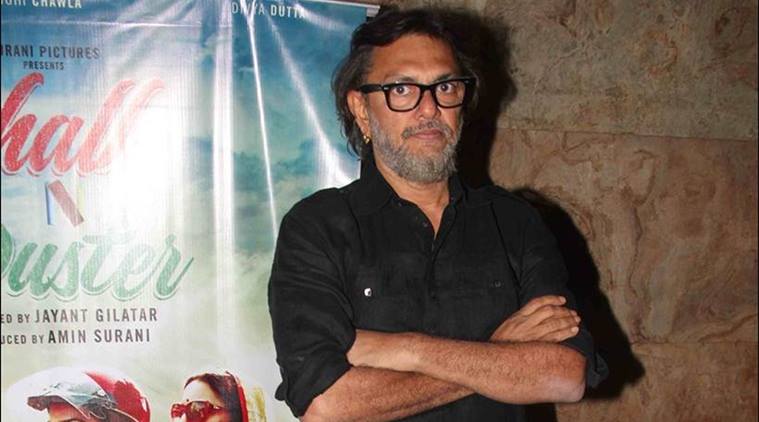Small Revolutions: Rang De Basanti Director Builds 800 Toilets for a Mumbai Slum
Not only is he revamping the slums by building toilets, he’s also making sure they are maintained well.

Sanitation and hygiene in the poorest slums have been a distant dream for far too long. But what happens when one individual takes it upon himself to change the course of life in areas like these? Indian Filmmaker Rakeysh Omprakash Mehra is a perfect example of how one can make every individual effort count.
Mehra’s film — Mere Pyare Prime Minister – revolves around four kids living in a Mumbai slum, one of whom wants to build a toilet for his single mother and makes an appeal to the Prime Minister.
But while making films about social issues spread awareness, much remains to be done. Mehra believes in putting his ideas into action. So he took it upon himself to build over 800 toilets in the slum that he’s been shooting the film at for the past four years.
Not only is he revamping the slums by building toilets, he’s also making sure they are maintained well.

“We’ve been having meetings with slum-dwellers and corporators of the area, urging them to put Rs. 1 in the donation box so that the community workers can be given their dues,” he told DNA.
He states that Gandhi’s model toilets at the Sabarmati Ashram inspired him. The biggest hurdle in his way was the authorisation of Mumbai slums, as they are built on unauthorised plots of land owned by BMC and don’t have pipelines or water connections.
Read more: Meet the Professor Who Has Brought 6,000 Toilets to 34 Villages in Gujarat!
He began filming in a slum in Ghatkopar after which the BMC gave him an NOC to build 20 toilets there, including five separate toilets for men and women, and also teachers in two municipal schools in the Khandooba area. The project worked in collaboration with NGO, Yuva Unstoppable.
“The slum dwellers have TV sets and mobile phones but no toilets and during the monsoons are forced to defecate on the railway tracks. I remember reading a Mirror story about a woman who got run over while defecating on the tracks and wondered, `Is a toilet worth losing your life over?” Mehra asked in an interview with India Samvad.
Mehra’s humility reflects in his silent contribution. Hats off to filmmakers like Rakeysh Omprakash Mehra who are striving to be the change!
Like this story? Or have something to share? Write to us: [email protected], or connect with us on Facebook and Twitter. Click here to get positive news on WhatsApp!
If you found our stories insightful, informative, or even just enjoyable, we invite you to consider making a voluntary payment to support the work we do at The Better India. Your contribution helps us continue producing quality content that educates, inspires, and drives positive change.
Choose one of the payment options below for your contribution-
By paying for the stories you value, you directly contribute to sustaining our efforts focused on making a difference in the world. Together, let’s ensure that impactful stories continue to be told and shared, enriching lives and communities alike.
Thank you for your support. Here are some frequently asked questions you might find helpful to know why you are contributing?


This story made me
-
97
-
121
-
89
-
167











